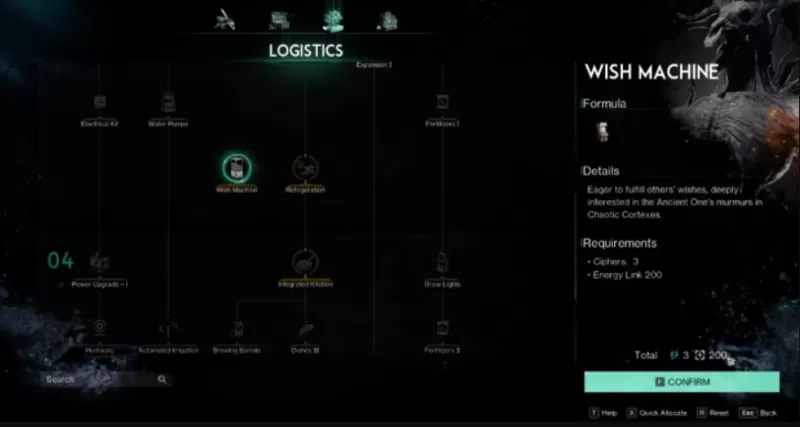EA's Origin app, launched in 2011 as a rival to Steam, is finally being replaced by the EA app. This transition, however, comes with significant caveats for some users. Origin's less-than-stellar user experience and frustrating logins contributed to its unpopularity.
The switch to the EA app means users who haven't migrated their accounts from Origin risk losing access to purchased games. This is a major concern for those who invested in EA titles through Origin.
Furthermore, the EA app only supports 64-bit operating systems, leaving 32-bit users in the lurch. While this mirrors Steam's decision to drop 32-bit support, it highlights the challenges of digital ownership. Although unlikely, users with older 32-bit Windows systems (particularly Windows 10 versions sold before 2020) will need to upgrade their OS to access their games. A simple RAM check can determine if your system is 32-bit (maximum 4GB RAM).
This situation underscores the precarious nature of digital game ownership. Losing access to a purchased library due to platform changes or outdated hardware is a frustrating reality for gamers. This isn't unique to EA; Valve's Steam also dropped 32-bit support.
The increasing use of intrusive digital rights management (DRM) like Denuvo further complicates matters. These DRM solutions often demand deep system access and impose arbitrary installation limits, despite legitimate purchases.
A potential solution is to support platforms like GOG, which offers DRM-free games. GOG games can be played on any compatible hardware, ensuring long-term access to your digital library. While this approach opens the door to piracy, it hasn't hindered GOG's growth, with titles like the upcoming Kingdom Come: Deliverance 2 slated for release.









